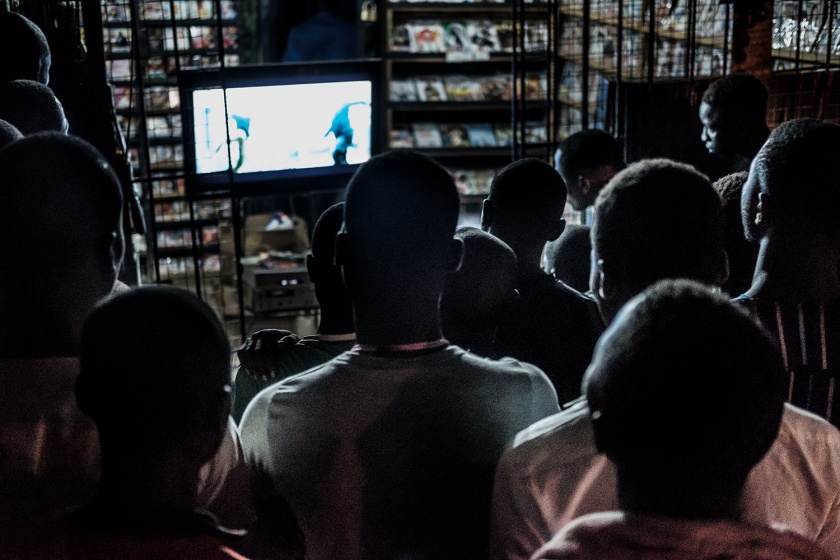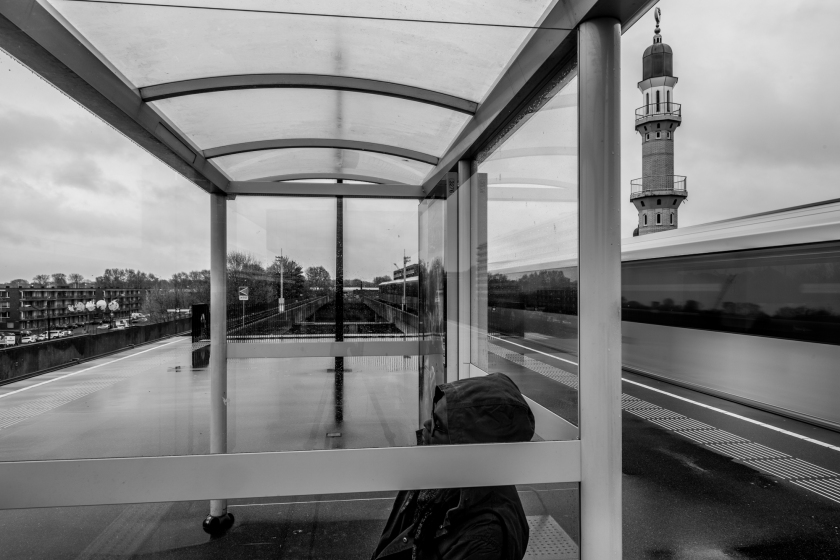When I arrived in Maputo, I was thrown off balance by the amount of “non-governmental organisations” otherwise briefly known as NGOs scattered, not only all over the city, but throughout the country as a whole. Like a friend once put it: “Mozambique is like a lab where these people come to try out all sought of things before they take it elsewhere”. Well, it sure gives the impression that Maputo keeps a lot of people busy. These organisations actually claim to be of service to the indigenes of Mozambique, they have come all the way to make life better. As I write now, I am still overwhelmed by the enormousness of these organisations. They are everywhere and in every sector! NGOs for HIV AIDS, Maleria, Women, Children, Agriculture, Economy, Health, Food, Water, Housing, Clothing, Education, Culture etc. They consist mainly of Western “voluntary and non-voluntary” workers whose sole aim is to be the saviour of these deprived and poor people! To put it in another form, they are strong sympathisers and identifies with the plight …






